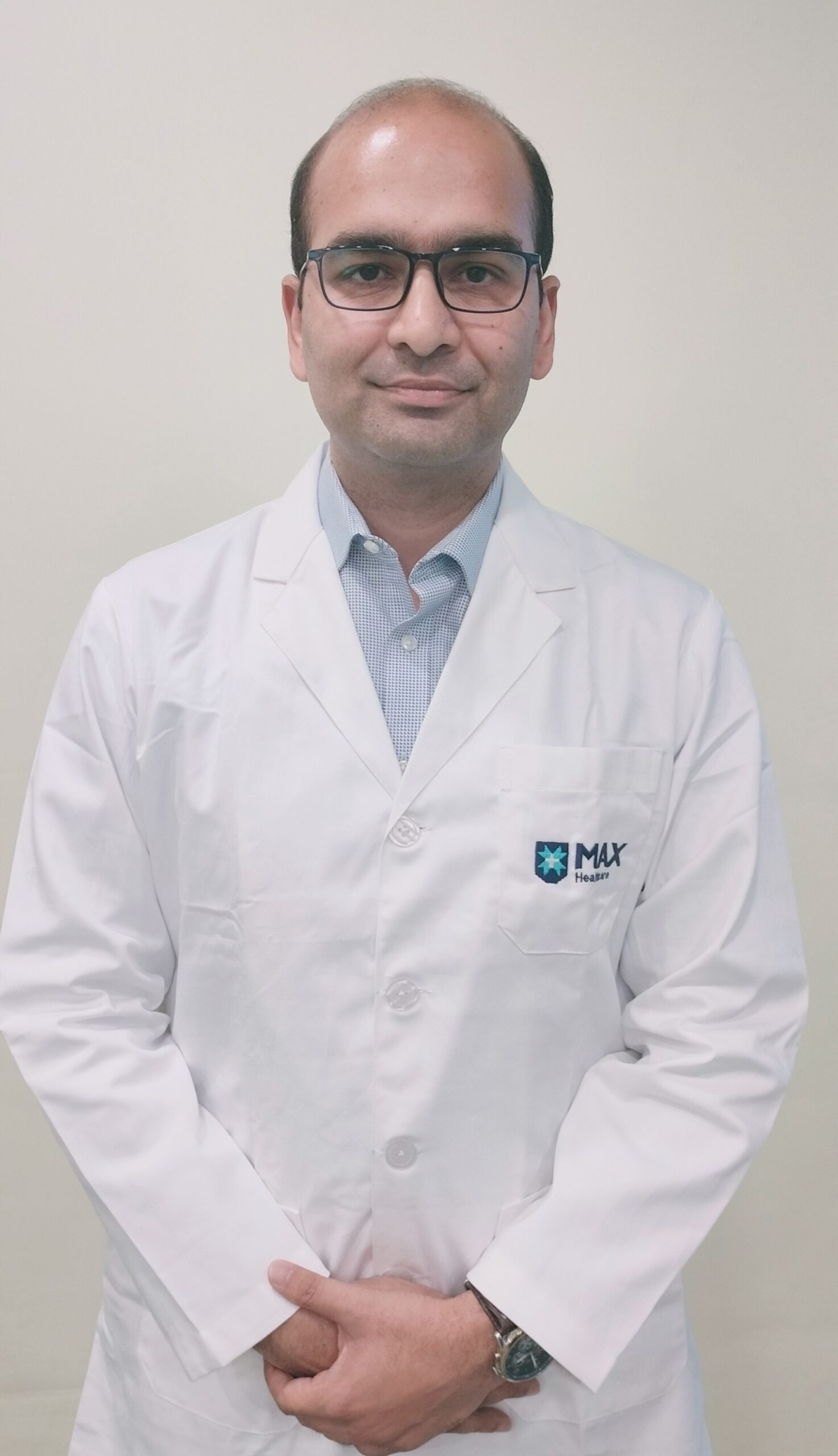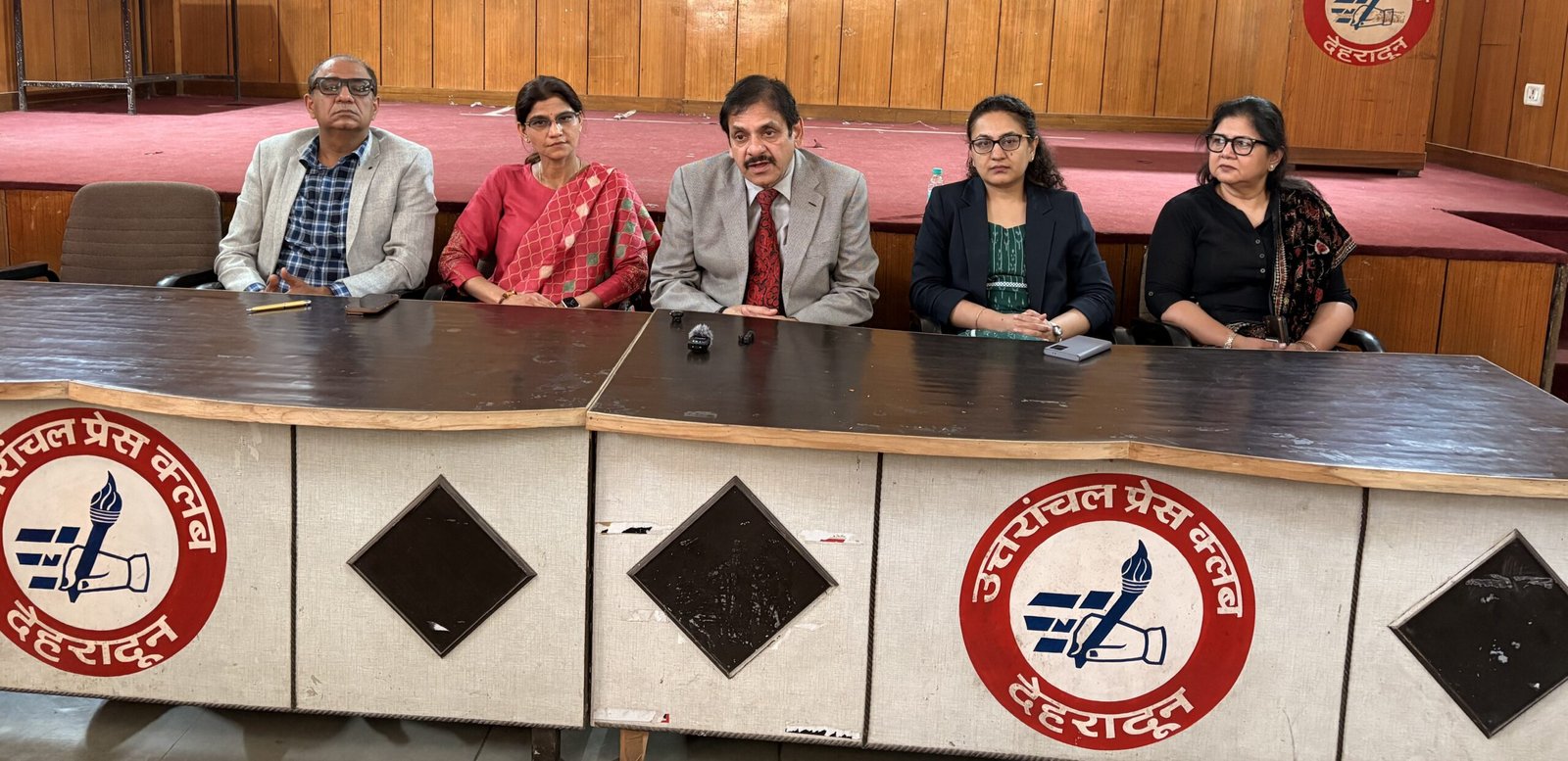Authoured by- Dr. Saurabh Tiwari, Consultant, Oncology and Cancer Care at Max Super Specialty Hospital, Dehradun.
Haridwar: Cancer remains one of the leading causes of death worldwide. However, with advancements in medical science, many types of cancer are now curable, even when detected at later stages. One such cancer is colorectal cancer, which ranks among the top four most common cancers in India.
Colorectal cancer usually begins as a small, button-like lump on the surface of the intestine or rectal lining, known as a polyp. If left untreated, these polyps can grow and spread to the intestinal or rectal wall and nearby lymph nodes. Since blood from the intestinal wall and most of the rectum is carried to the liver, colorectal cancer can also spread to the liver. Colorectal is more common in older adults, it can also affect younger individuals.
The chances of developing colorectal cancer increase with age, particularly in people over 50 years old. Early detection is key to successful treatment. Some common symptoms of colorectal and colon cancer include blood in stool or black-colored stool, persistent stomach pain or cramps, sudden weight loss, indigestion and bloating, gas and digestive issues, changes in bowel habits such as diarrhea or constipation, weakness, and fatigue. The treatment of colorectal cancer depends on its stage. Early detection through regular screening can significantly improve the chances of recovery. Screening for colon cancer is generally recommended at 50 years of age, but people at higher risk should start earlier.
Primary treatment options include surgery to remove cancerous tissue, chemotherapy to destroy cancer cells, radiotherapy to target and kill cancer cells using radiation. Even after successful treatment, cancer patients require ongoing care and regular follow-ups to monitor their health and prevent recurrence.
While some risk factors for colorectal cancer, such as age and genetics, cannot be controlled, lifestyle changes can significantly reduce the risk. Eating healthy, avoiding or limiting alcohol consumption, quitting smoking, and engaging in regular exercise can also help reduce the risk. By adopting a healthy lifestyle and undergoing regular screenings, the risk of developing colorectal cancer can be significantly reduced. Raising awareness and encouraging early diagnosis can help save lives and improve treatment outcomes for many individuals.
Colorectal cancer is a serious yet preventable and treatable disease. Understanding the risk factors, recognizing symptoms, and taking preventive measures can help individuals take charge of their health. Regular screenings and lifestyle modifications play a crucial role in reducing the burden of colorectal cancer, ensuring early detection, and improving survival rates.











